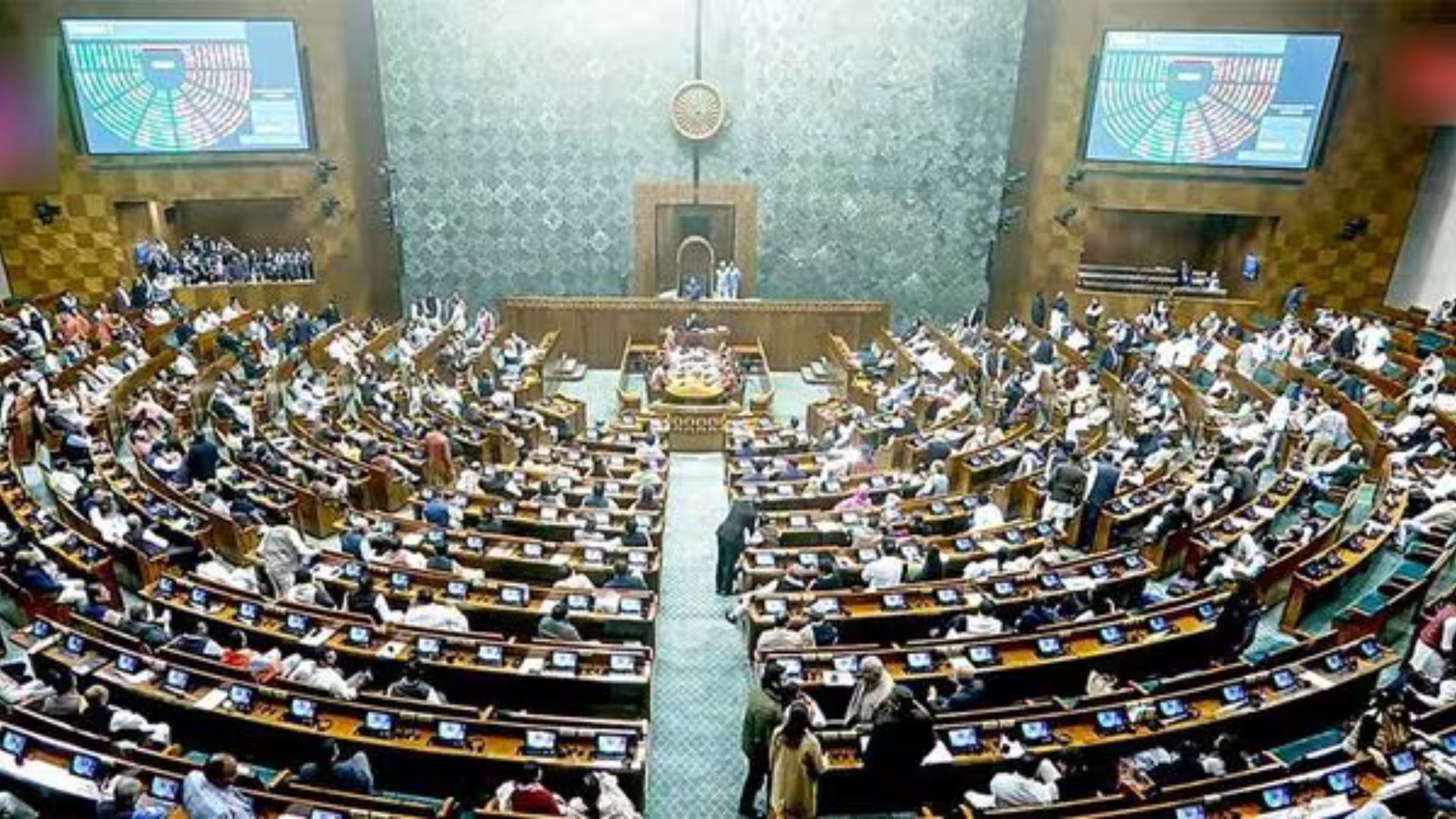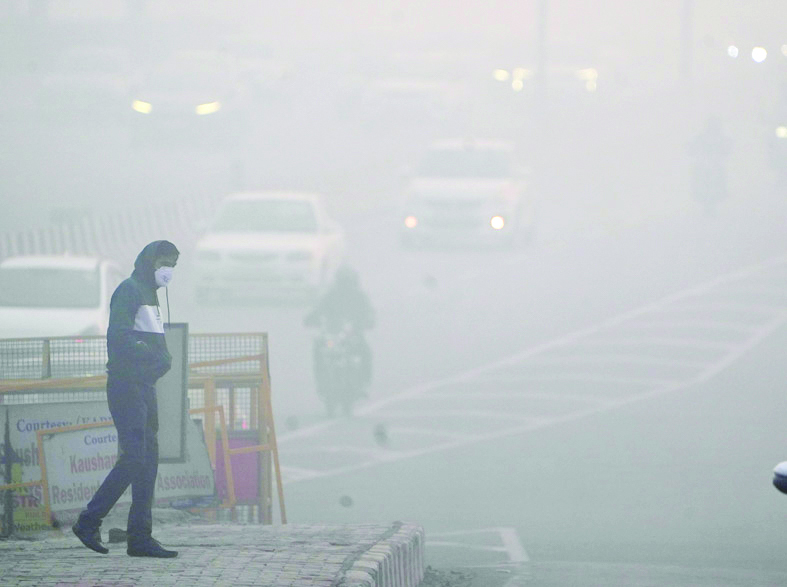
The monsoon season, while often welcomed for its relief from the heat, brings with it a host of challenges, particularly for individuals with pre-existing respiratory conditions. The combination of high humidity, increased allergens, and the proliferation of pathogens creates an environment that can exacerbate respiratory issues. Understanding these effects is crucial for managing health during this season.
Monsoon weather is characterized by high humidity levels, which can lead to the growth of mold, dust mites, and other allergens. These allergens can trigger respiratory allergies and worsen conditions such as asthma and allergic rhinitis. According to physicians, the damp conditions can lead to increased susceptibility to respiratory diseases, including influenza, pneumonia, and bronchitis.
The presence of mold and dust mites is particularly concerning for asthma sufferers. The moisture in the air can provoke asthma attacks, making it essential for individuals to take precautions against exposure to these allergens. Maintaining a clean and dry living environment is vital to minimizing these risks.
The monsoon season is also associated with a rise in airborne diseases. The combination of fluctuating temperatures and increased moisture creates a conducive environment for viruses to thrive. Influenza and the common cold are particularly prevalent during this time, as people tend to congregate indoors to avoid the rain, facilitating the spread of these infections.
Individuals with weakened respiratory systems are more susceptible to contracting these illnesses. The symptoms of these infections, such as cough, fever, and fatigue, can significantly impact the health of those already suffering from respiratory issues.
In addition to viral infections, the monsoon season can lead to an increase in outdoor allergens. Rain can break pollen into smaller particles that are more easily inhaled, potentially triggering asthma symptoms. The presence of increased indoor allergens, such as mold and dust, further complicates the situation for those with asthma. The dampness during monsoons can provoke bacterial and fungal growth, leading to a rise in asthma attacks and other respiratory illnesses.

To mitigate the adverse effects of the monsoon on respiratory health, individuals should adopt several preventive measures:
The monsoon season presents significant challenges for individuals with respiratory issues. The increased humidity, airborne pathogens, and allergens can worsen existing conditions and lead to new health problems. By understanding these effects and implementing preventive measures, individuals can better manage their respiratory health during this challenging season.















